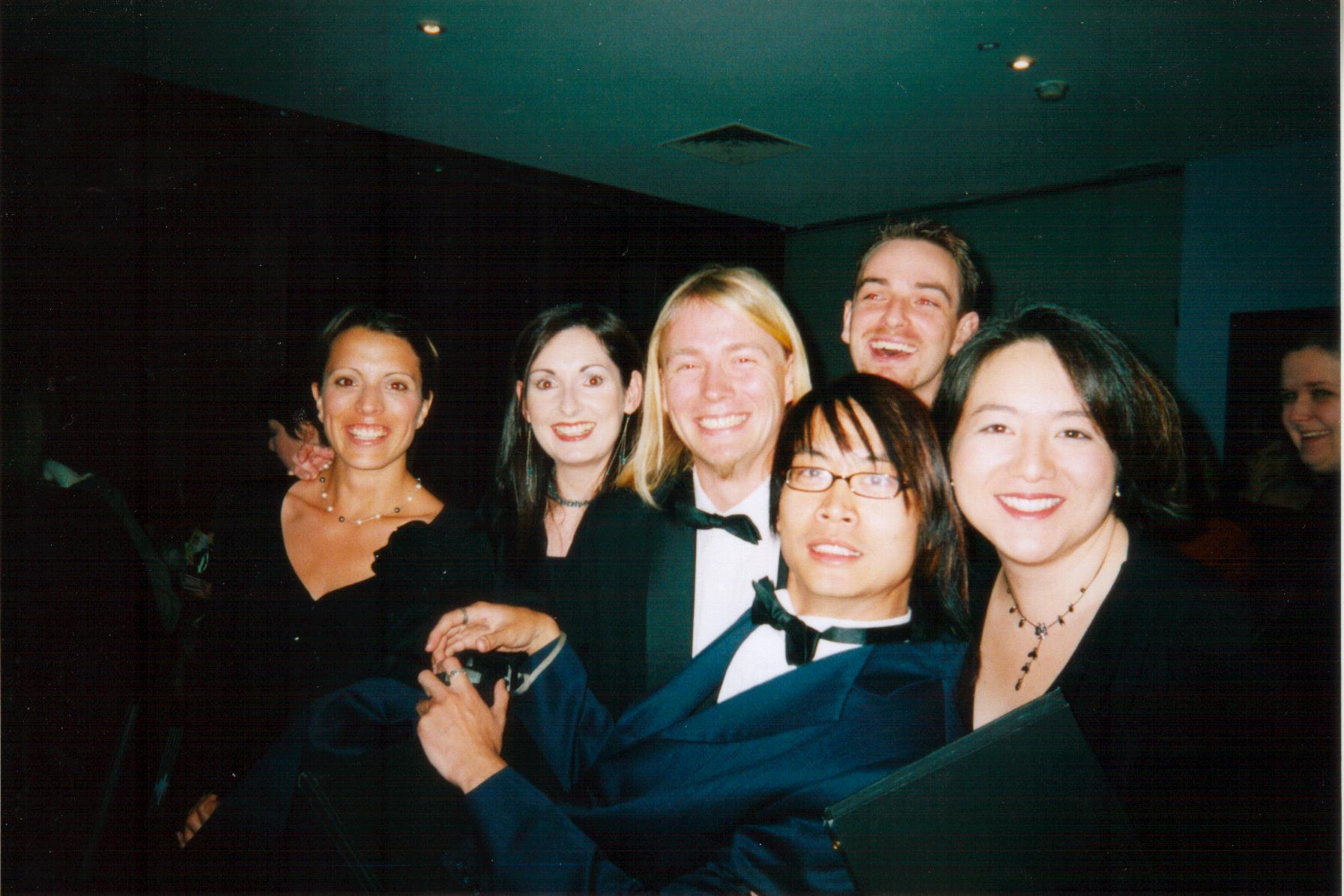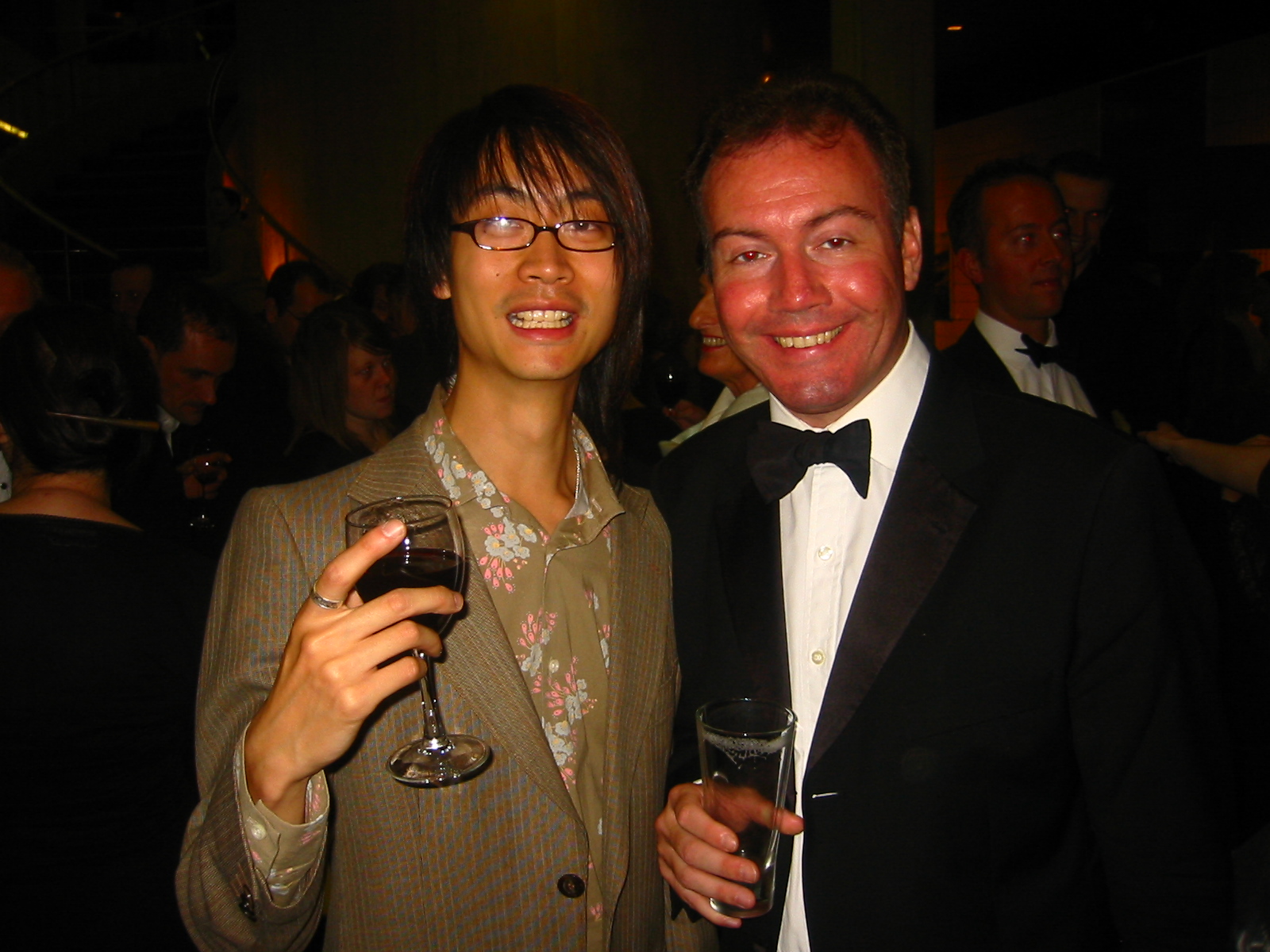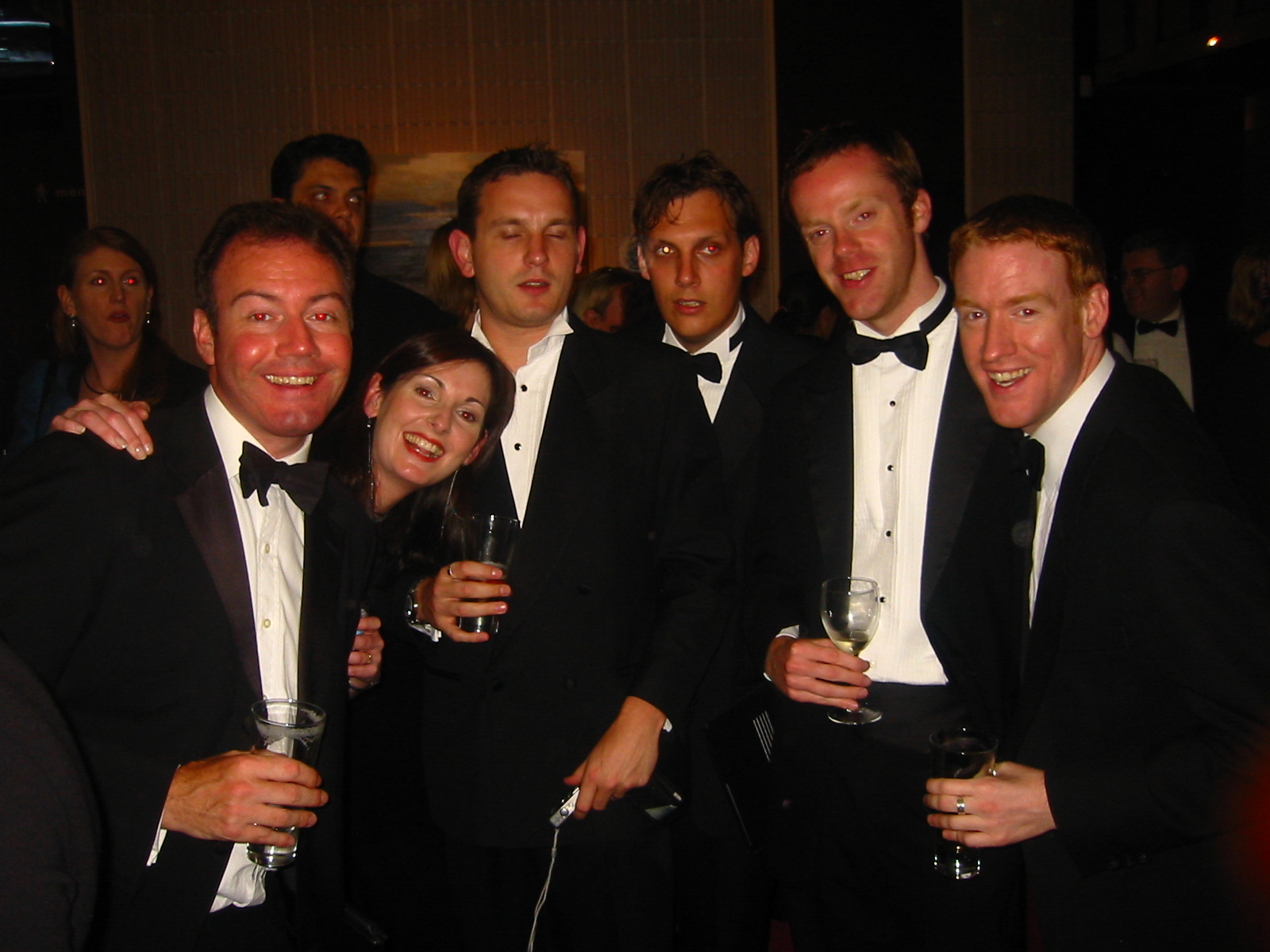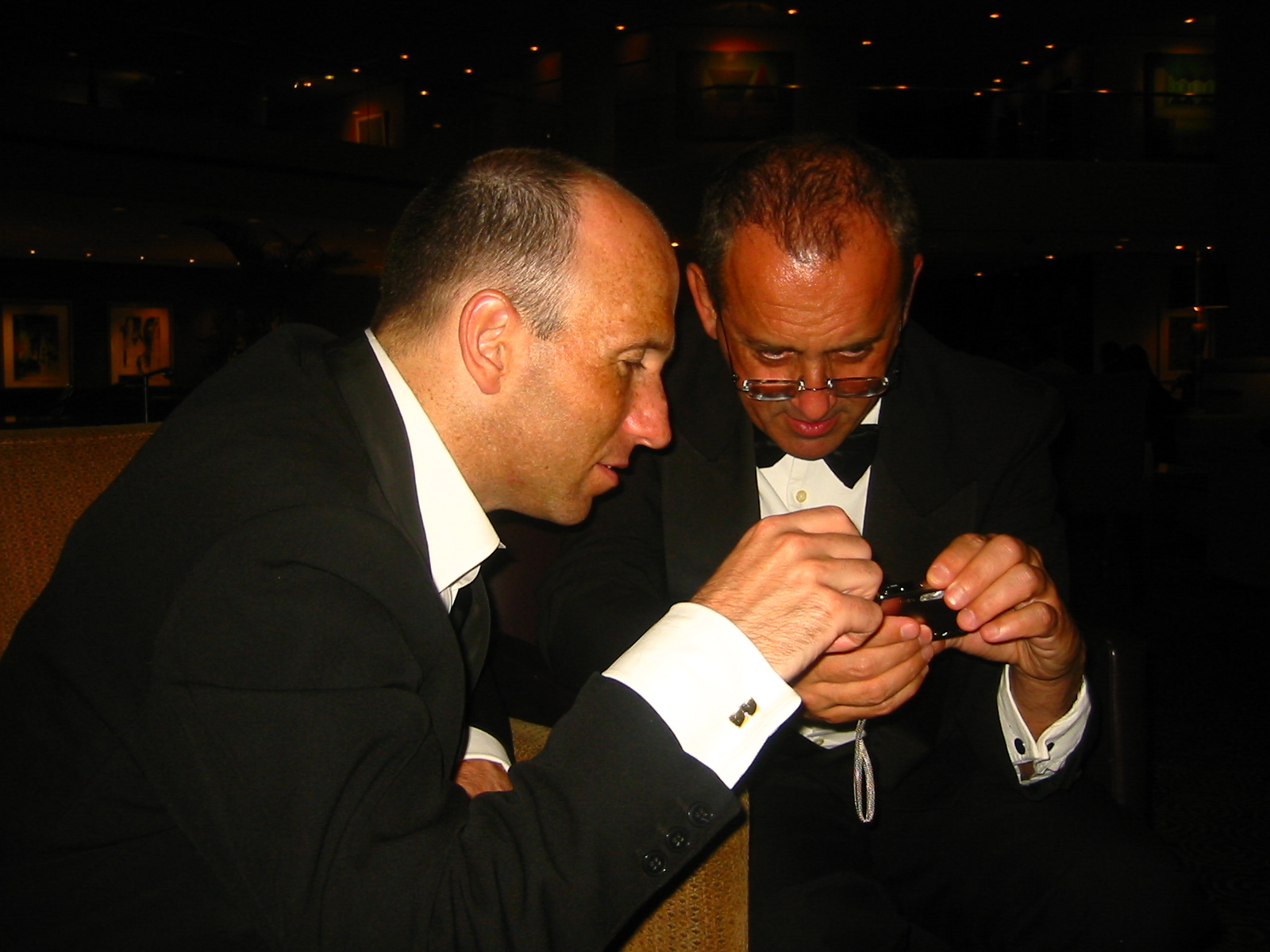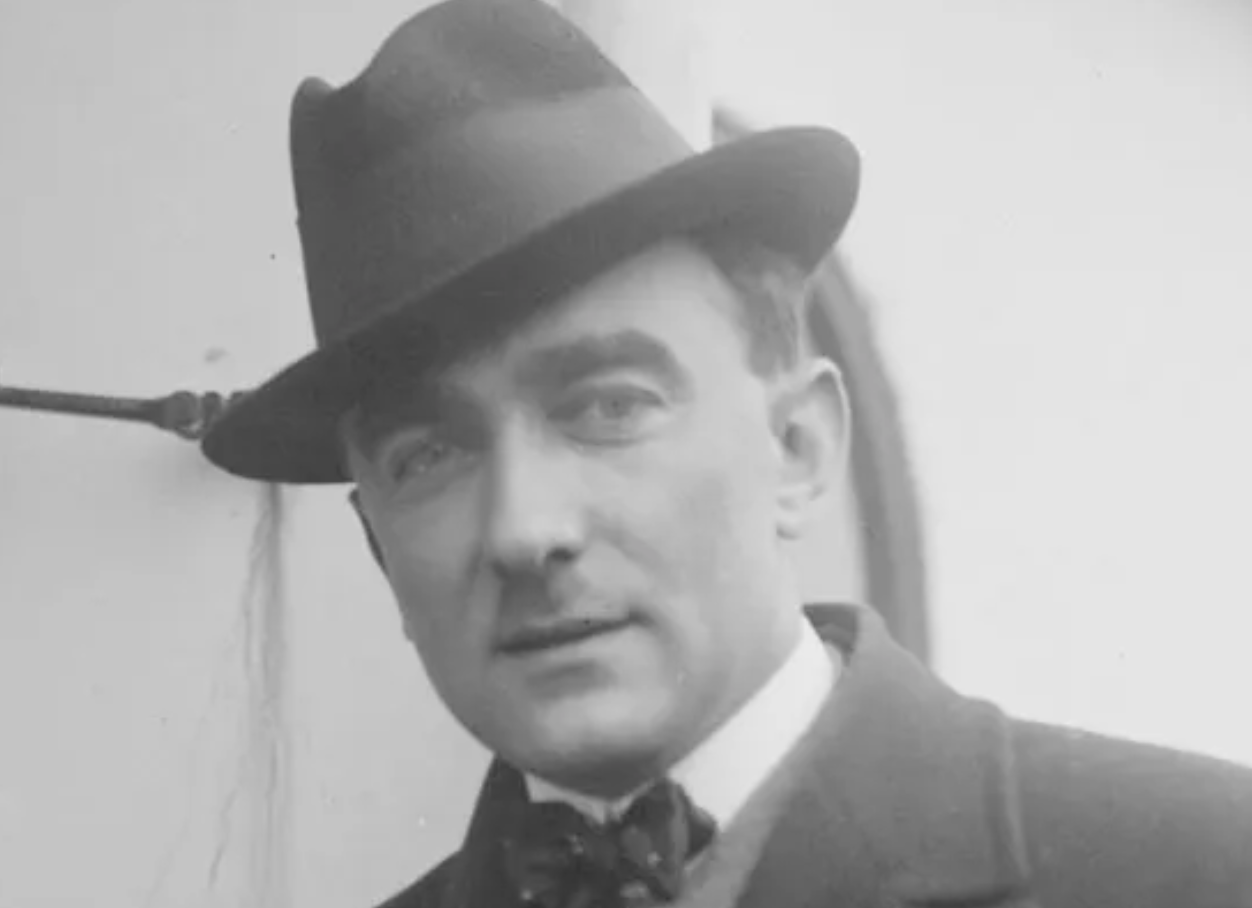This week we will be preparing to sing Beethoven’s Missa Solemnis with Sir Mark Elder at The Festival Hall on Saturday. Male Alto Noel Chow has had a turbulent relationship with the masterpiece, but ultimately it changed the course of his life:
Mention Beethoven’s Missa Solemnis to a choral singer who has sung the piece and inevitably reactions are awe and a hint of fear. Awe, because the piece is a monumental work in scale, passion and duration. Fear, because this piece tests the endurance and agility of the voice, not to mention navigating the numerous choral booby traps in the score.
To those that have not had the pleasure of performing this piece, its reputation precedes it. It is the choral equivalent of climbing Everest. The journey is tough, but the musical reward en route is worth the hard slog. Beethoven was a hard task master and expected nothing less as it is regarded one of his most personal and heartfelt works.
Forming Friendships Across the Globe
My first experience with the piece coincided with meeting the London Philharmonic Choir when I was a member of the Western Australian Symphony Orchestra (WASO) Chorus in 2005. This encounter basically altered the course of my life.
The LPC were to perform this piece with the WASO chorus in Perth as the final leg of their Asia tour in June 2005. Serendipitously, I managed to organise a five week stint with a research group in London as part of my university studies and jumped at the chance to meet and rehearse with the LPC before they came over to Perth. I remember a cool May evening, going straight from Heathrow airport to the LPC rehearsal with major jetlag but being extremely excited and terrified in equal measure to meet this famous choir.
The rest, as they say, is history. It was to become an infamous tour which singers from both camps would remember with fondness and where lifelong friends would be made. I ended up meeting my life partner in the LPC and now make the UK my home. The LPC would perform this piece in Cologne later that year and that in itself is a story for another time.
I have sung this both as a bass and as an alto and regardless of voice part, the piece is certainly challenging. To a performer, it is this challenge and the defining moments of exceptional beauty in vocal lines that I relive time and time again.
Missa Solemnis in a Nutshell
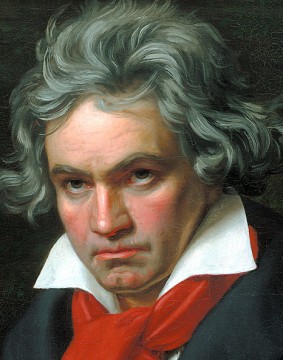
The Missa Solemnis was composed between 1819 and 1823 (a few years after the end of the Napoleonic wars) and had its first performance in 1824. Beethoven dedicated the Missa to his friend and patron, Archduke Rudolph of Austria, upon hearing of his elevation in 1819 to Archbishop of Olomouc. What was supposed to take a few months to compose, ended up being 4 years.
There are five movements corresponding to the five prescribed Latin texts in the Catholic mass. As there are various articles published on-line which give a more in-depth analysis of the Missa Solemnis, I will stick to a personal ‘Readers Digest’ description.
The Kyrie is the shortest movement, giving an overall effect of a grand meditation. The Gloria is a torrent of joy and celebration. From the first wall of sound by the orchestra comes wave after wave of each voice part proclaiming “Gloria in excelsis Deo”. I recall in one particular performance at the end of the Gloria, there was spontaneous applause.
The Credo is the longest movement and the core of the piece. Coincidentally it is also the most challenging movement, a musical statement perhaps by Beethoven to make a point that faith can challenge and be challenged. It is here that text is paramount and dictates the musical mood. Although it is a statement of affirmation of belief in the Catholic Faith, Beethoven does something weird with the way the text is sung.
There is a short passage in this movement where the text is sung only once, “in unam sanctam catholicam ecclesiam apostolicam” (in one holy catholic and apostolic church) by the tenors punctuated with “credo” from the upper voices. It made me think, was Beethoven sticking two fingers up at the Catholic Church’s doctrine but still believed in the core Christian faith? I suspect that anyone who had been through the terrible war that had raged through Europe, would have had their faith severely tested.
The Credo is followed by the Sanctus and Benedictus which I find to be beautiful and emotionally charged. In some versions, the “Pleni sunt coeli and Osanna in excelsis” sections can be either sung by the quartet or the chorus. The melodic sequence of “qui venit” never fails to induce tears and evokes catharsis.
Finally, there is the Agnus Dei which pleads for peace at an uncertain time. You can hear the distant drums and trumpet call towards the end of the movement at the point where the soloists plead, “miserere nobis” (have mercy on us). Written in the aftermath of the Napoleonic wars, it would have had special resonance with contemporary audiences.
Beethoven Making a Point
Most of my singing friends who have had years more experience performing this piece have mentioned a section in the Credo which for them (and for me) is the interesting and terrifying “et vitam venturi saeculi” (..and the life of the world to come); a great text choice for something that takes up a rather large chunk of the movement as a double fugue.
The first part of the fugue starts off innocently enough with soft, melodious lines at walking pace. As the fugue progresses, the tension builds, the volume increases and so does the pitch. Here I do feel for the sopranos as they have punishing high notes which have to sound beautiful, but maybe that is the point, it’s not meant to be beautiful.
I think Beethoven was trying to make a point: that everlasting life has to be earnt through hardship, and you have to believe that through hardship it can be attained.
You think once that this over, we can relax? Nope! Not on your life. We enter the gauntlet run… the second part of the fugue. Depending on the choral score, the infamous pages are ingrained in the minds of choral veterans. Edition Breitkopf on pages 84-85 and in the Novello, on pages 88 – 89. My score is riddled with pencil marks in this area (as well as the occasional swear word).
The tempo is set at approximately twice the speed of the previous fugue. The choir is at the mercy of the conductor at this juncture. Once maestro dictates the speed, it can go either way. Too fast, we careen off at breakneck speed into the musical abyss ending up as casualties in a chaotic aural train wreck or if at a more forgiving speed, a jaunty roller coaster ride towards a collective sigh of relief.
The onus does fall on the conductor, as, let’s face it, we all, at some point in this section, want this bit to be over and done with as painlessly as possible. Responsibility lies with us as singers too. Yes the section is challenging, and more often than not most of us are avoiding the temptation to have our heads buried in the score and bopping in time to the beat.
An Ambivalent Relationship
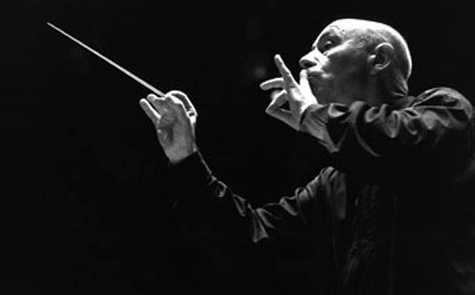
Fast forward a few years, and several performances under my belt, I still have mixed feelings about the piece. It is a complex work and if total commitment is not made from everyone on board, it could spell disaster.
Some of these performances defined this ambivalent relationship. My first performance at Perth Concert Hall with both LPC and WASO chorus under maestro Matthias Bamert, was a magical, though somewhat anxiety-ridden, skittish experience. I relied on the more experienced LPC crew to provide the support which was gladly appreciated.
The next was a performance at the Festival Hall with Maestro Christoph Eschenbach in 2008, a recording of which is on the LPO label. I felt disappointed with this performance as personally I felt underprepared owing to challenges in my life which made it difficult for me to be in the right mental state to engage with the piece.
The two most poignant performances were with the late Sir Colin Davis back in 2011. The first of which was at the BBC Proms with both the London Symphony Chorus and the LPC. It was an unnerving performing experience as Sir Colin, mourning the recent loss of his wife, looked frail and conducted the performance seated on the podium, deep in thought.
However, the second performance, a month later, when I moonlighted with the LSC on tour to New York, was more affirmatory and this was incredibly moving, as if Sir Colin had reconciled the loss with himself and in his heart had dedicated this performance to his wife. Make of it what you will, there is always a bit of emotion at every performance, with memories that linger.
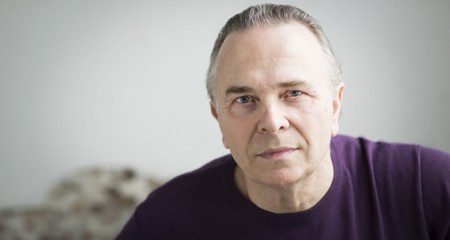
It has been five years since looking at the score and I am very excited to be singing this piece again in November under Sir Mark Elder. I am also somewhat envious for my choir mates who will be performing this piece for the first time as it promises to be an exhilarating and heartfelt experience.
As the composer famously wrote in the dedication, “From the heart – may it in turn go to the heart”.
Watch Us
Beethoven Missa Solemnis
Saturday 5 November 2016
7.30 pm, Royal Festival Hall
Sir Mark Elder conductor
Lucy Crowe soprano
Paula Murrihy mezzo-soprano
Allan Clayton tenor
Peter Rose bass
London Philharmonic Orchestra
London Philharmonic Choir
Beethoven Missa Solemnis
Further Listening
The recording of our 2008 performance of Beethoven’s Missa Solemnis with Christoph Eschenbach and The London Philharmonic Orchestra is available to buy as a CD. You can also listen to this performance on Spotify:


